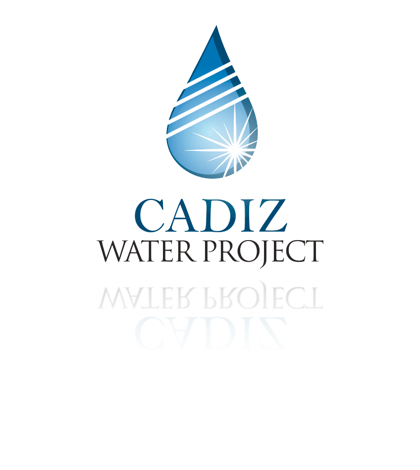In an effort to protect the Mojave Desert, Senator Dianne Feinstein wrote a letter to President Obama back in August, asking him to designate desert sites into national monuments under the federal Antiquities Act of 1906. President Obama granted that request last week by designating three sites as national monuments: the Mojave Trails National Monument, Sand to Snow National Monument and Castle Mountains National Monument.
The Mojave Trails National Monument, which protects 1.6 million acres of federal land largely around Route 66, does not impact private property or, as described in the Monument’s official proclamation, any “valid existing rights” such as property rights, existing easements, right-of-ways or mineral rights.
The Cadiz Water Project, a proposal including a 43-mile pipeline from the Cadiz Valley Aquifer to the Colorado River Aqueduct, would transport water along the active Arizona & California Railroad right of way within the Monument boundary. The water captured and transported to water agencies throughout California would otherwise be lost due to surface evaporation.
The Cadiz Water Project has been opposed by some environmental organizations and it has been hoped by those same organizations that the monument designations could become a roadblock to this new water resource.
According to Cadiz, that is not the case.
“As made clear in the Monument’s proclamation, private property is not subject to, or impaired by, this Monument designation. This includes farming water rights, the Cadiz Water Project approvals, easements and any and all rights-of-way. We therefore anticipate no adverse impact of any kind on our current and planned land use activities, such as agricultural or water project operations, as a result of a monument designation under the Antiquities Act,” Cadiz said in a statement.
The monument designation does impact mining, recreation, and any new uses of federal lands and has drawn criticism from a number of local desert residents, County Supervisors and Congressman Paul Cook, who had sought to balance desert recreation, environmental protection and economic use of these desert lands.
In its statement, Cadiz expressed support for Cook’s bill. “While we are confident the President’s designation cannot adversely impact the Company’s property rights, Cadiz joins others in the region in opposing the use of the Antiquities Act unilaterally to establish monuments in the California desert when viable legislation options remain open, including the bill by Congressman Paul Cook, who represents the entire proposed Monument area.”
Cook’s bill, HR 3668, the California Minerals, Off-Road Recreation, and Conservation Act, has been supported by:
- City of Big Bear Lake
- City of Apple Valley
- City of Barstow
- City of Hesperia
- City of Twentynine Palms
- City of Banning
- Town of Yucca Valley
- Lucerne Valley Economic Development Association
- San Gorgonio Pass Regional Water Alliance
- California Off-Highway Motor Vehicle Recreation Commission
“I’m not opposed to national monuments. I’m opposed to the President creating national monuments through unilateral executive action, ignoring the legislative process. That’s exactly what the President’s done here in designating over 1.8 million acres of public land in San Bernardino and Riverside counties as national monuments,” Cook said in a statement. ”I’ve always opposed any effort to create monuments through the President’s Antiquities Act, particularly because the legislative process is still moving forward. Unlike the legislative process, the Antiquities Act process provides minimal opportunity for public input, provides no funding mechanisms, and leaves us with monuments that lack broad local support.”
According to Senator Feinstein, her staff has spent hundreds of hours working with a number of stakeholders to build upon the 1994 desert conservation bill. She hailed Obama’s decision to build upon the 1994 bill as a “major milestone.”
 California Water News Daily Your Source For Water News in California
California Water News Daily Your Source For Water News in California


